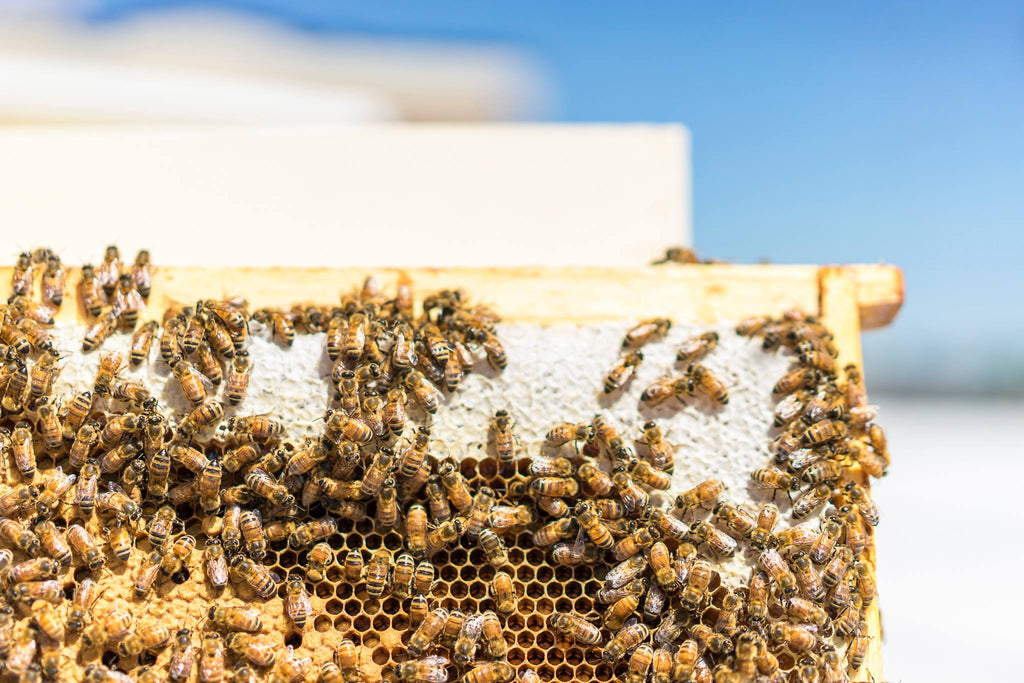HONEY vs AGAVE NECTAR: WHY HONEY IS THE CHAMP

Often times we are swept up in marketing hype devised by a corporate team paid to create the illusion that a product or byproduct is newer, better, healthier. This deft storytelling captures the buyer's imagination, enticing them to bring that item into their home. When done correctly, it leaves enough room for the consumer to fill in blanks -allowing them to create their own story within the narrative presented.
Once such narrative has been built around agave nectar. Agave nectar has been touted as a healthier natural sweetener far better for us than refined white sugar or other sweeteners such as High Fructose Corn Syrup (HFCS). It's name conjures up a natural sugar traditionally made from the agave plant. We infer, through its clever marketing, that we using a wholesome friendly sweetener good for the environment and our bodies. It's placement on store shelves next to honey reinforces this.
Unfortunately agave nectar does not belong in the same category as honey. What is sold as agave nectar is in fact not nectar at all. It's a syrup made from agave nectar (the sap extracted from the pant by crushing the pulp) that contains a fructose content higher than that of the oft lambasted High Fructose Corn Syrup. HFCS is processed through the liver and it's thought that this places undue strain on our metabolism. The sap is then heated and hydrolized. This process in an of itself doesn't turn it into an evil monster chemical but it does kill off beneficial enzymes. It also betrays the fact that agave nectar is not as 'natural' as it seems. Like most other sugars it's been processed and refined.
Honey, on the other hand, has only been processed by Apis mellifera - the European Honeybee. Honeybees fly within a 1 - 2 mile radius of their colony collecting the nectar directly from desirable flowering plants. The nectar is stored in a specialized sac called the honey stomach. While in the honey stomach enzymes begin to break down the nectars sugar from complex to simple sugars; fructose, glucose, and sucrose. On return to the hive the bee spits the nectar into a wax cell. From there the excess water is evaporated off then sealed over with a wax cap. Honey is by definition natural, unlike agave nectar.
Because the bees have broken down the complex sugars of nectar into simple sugars, it's easier for our bodies to metabolize. It's flavor is far more robust than agave's rather neutral flavor profile. It's a perfect food containing various natural amino acids, proteins, and sugars.
Agave nectar is neither natural or nectar. It's plant sap that has been refined by human hands. Through clever marketing its acceptance as a natural sweetener has grown. We know now that it is not in fact natural and while it is a somewhat acceptable sweetener its origins has been deliberately obfuscated. When a product begins its life in a fog of marketing speak we should question it.
True honey is a natural product created by honeybees without man's intervention. It is a pure product born of a devious mash up of botany and insect biology. There is no need for slick marketing or disguising its source. When choosing a sweetener choose one that is truly natural.
Choose honey.
